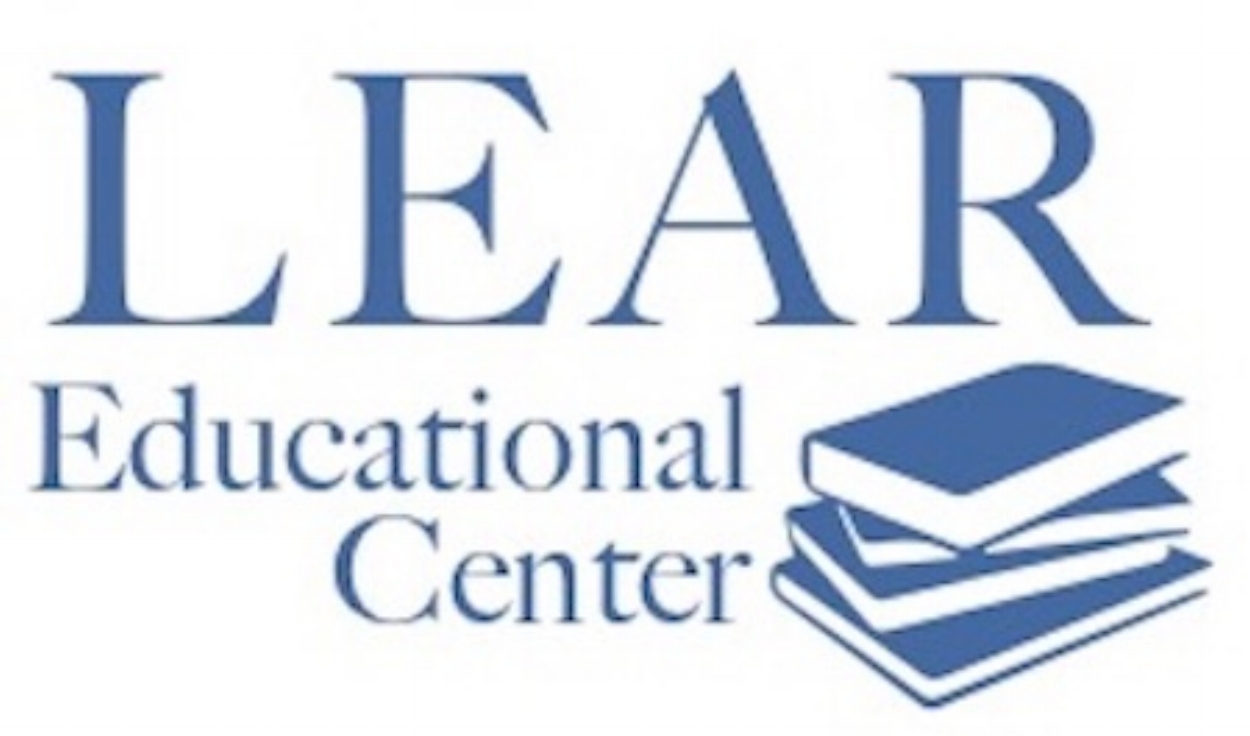What Is Dysgraphia?
/The student diagnosed with dysgraphia has difficulty with the fine motor skill of handwriting. Forming letters can be so slow and difficult that the student often forgets what he or she intended to write before the word or the sentence is finished. Such things as spelling and note-taking in class are affected and the student’s handwriting is often difficult to read. Even though the student may know the answers to homework or test questions, the student may not be able to write the answers legibly or quickly enough to complete a test.
Do you suspect your child is dealing with Dysgraphia? If you do, there are some clues that might indicate your child is suffering from this learning disability.
Here is a list of symptoms that may be associated with a child struggling with this impairment:
Difficulty holding writing utensils
Illegible handwriting
Spelling errors of common words
Difficulty organizing thoughts in written form
Trouble with motor skills, drawing and holding small objects
Absence of words or letters in sentences
What things would be helpful for someone dealing with Dysgraphia?
Talk to educators about making test taking and learning accommodations such as:
Extending time limits on exams
Reducing the length of writing assignments and word count criteria
Use word processing or technological applications to supplement poor handwriting and misspellings
Allow verbal alternatives for writing assignments
Supply physical writing aids such as pencil grips
Use worksheets and outlines to help organize thoughts and content
Use physical therapy options to improve fine motor skills such as:
Hand strengthening exercises through object manipulation
Improve core muscles to improve posture and balance
Encourage sports such as gymnastics for positive muscle development
Distinguish other possible conditions associated with Dysgraphia such as:
ADHD
Anxiety
Depression
Dyslexia
Behavioral issues
Neurological disorders
An academic assessment can determine whether or not your child is suffering from Dysgraphia. There are many options of things that can be done to assist in the learning and education of children and adults with this disorder. With today’s technological tools, specialized classes, and a better understanding of varying learning differences, living with Dysgraphia can be successfully managed.
Learn more about Dysgraphia here



































